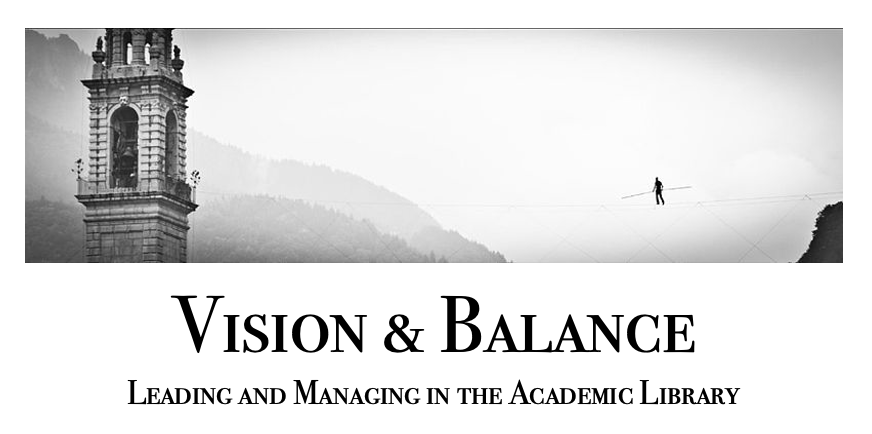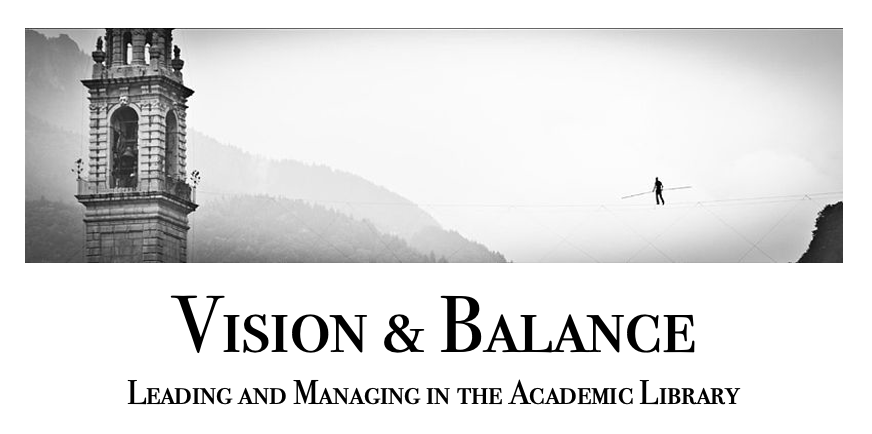Two and a Half Cheers for: Apologizing
Good leaders apologize when they need to. But they apologize in the right way, and for the right reasons.

For this entry in my ongoing "Two and a Half Cheers" series of posts, I'd like to take a look at the apology.
No one likes apologizing. When you do so, you're acknowledging not only that you made a mistake, but that you made a mistake that directly impacted someone else in a negative way and that you need to own up to it and express regret. But we all know that as difficult as it can be, apologizing is sometimes essential, particularly for leaders – it's not only how you express regret when you hurt someone and signal your desire to do better, but it also shows that you're not going to hide your mistakes behind authority and power. Leaders can get away with bad behavior that other people can't, and when you apologize for making a mistake you're demonstrating that you aren't going to take advantage of that privilege. Doing so builds trust among those you lead.
So why not three cheers for apologizing, given how important it can be, especially for leaders?
Because like so many important leadership characteristics and practices, the apology can be misused. I've noticed a number of ways in which this can happen. Here are three examples:
The Manipulative Apology. This is an apology designed not to express sincere regret, but rather to force the other person to say that what the apologizer did was okay. Sometimes leaders and managers are on the receiving end of manipulative apologies, when the people they manage want constant reassurance and seek it by apologizing for things that don't require an apology. But sometimes leaders engage in this practice themselves, when they want to manipulate those they lead into reassuring them. (A good leader accepts compliments gracefully, but doesn't depend on the people he or she leads for validation. We'll talk more in a future post about the importance of accepting that much of what you do will not be noticed or appreciated.)
The Insincere Apology. Remember when you were a kid, and your mom or dad forced you to say "I'm sorry" even in situations where you were confident you weren't at fault? Remember the vibe that attended your apologies in those situations? And have you noticed that the same vibe sometimes attends apologies by professional adults in the workplace? Now, to be clear: insincere apologies aren't always the worst thing in the world. Sometimes you grit your teeth and say "I'm sorry" not because you think the situation was entirely your fault, but because that's the lowest-cost way forward. That's not always healthy, but it's not always unhealthy either. But as a leader, you need to be very careful about insincerity at all times. Your people can smell insincerity and hypocrisy, especially in their leaders, and few things will more effectively undermine a leader's authority than when the people she leads stop being confident that they can trust her to be honest. If you don't feel you can apologize sincerely, it's better to express something other than apology. "It's really unfortunate that this situation unfolded the way it did; let's talk about what we can do to move forward in a productive way," for example, or perhaps "None of us showed our best selves during yesterday's meeting. I'd like to do what I can to help ensure that the vibe in our meetings is more constructive going forward."
The Non-apology. We've all been on the receiving end of these, from people who want to sound like they're apologizing but are actually blaming you. The classic example is "I'm sorry you feel like I was unfair to you" or "I'm sorry you misunderstood my email." This gambit is usually – but maybe not always – a consciously dishonest strategy designed to manipulate rather than express genuine regret for something the person actually did wrong. There isn't much you can do to prevent others from doing this, but as a leader you can be vigilant in avoiding doing it yourself.
Takeaways and Action Items
- Apologizing in an honest and non-manipulative way is an essential skill of leadership.
- However, apologies that are not honest often do more harm than good.
- When was the last time you did something as a leader for which you felt the need to apologize? How did you handle that situation? Did you do it in a way that you feel was best for your organization and its people? Do you wish you had done it differently?
